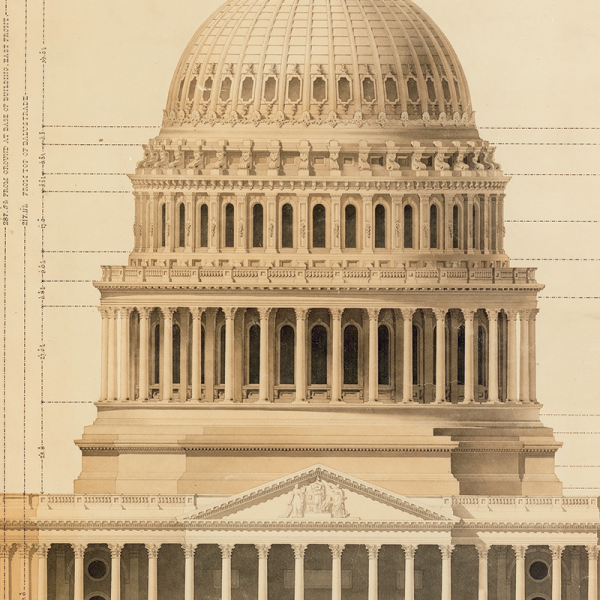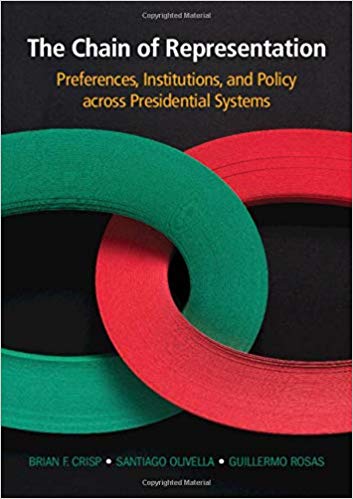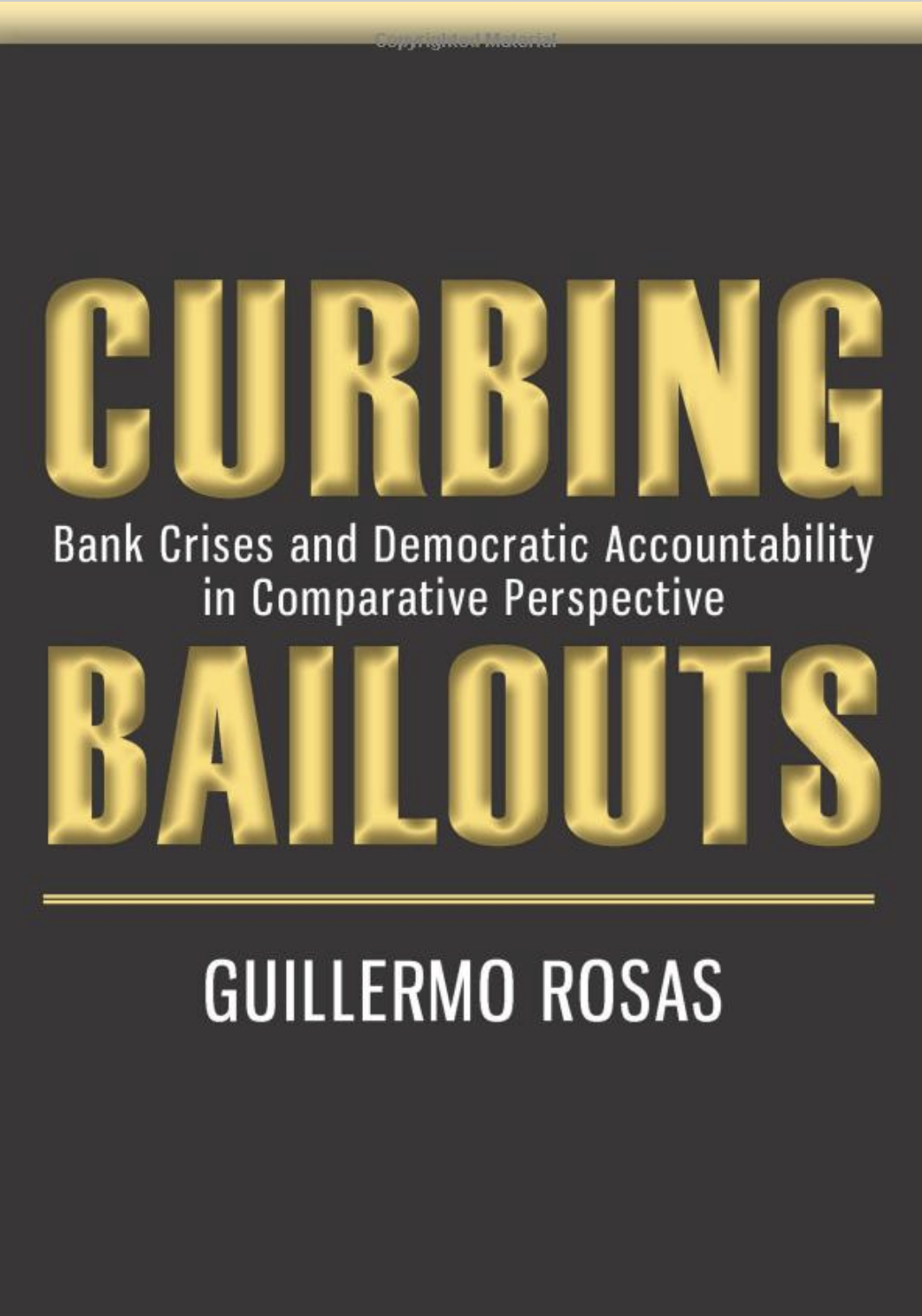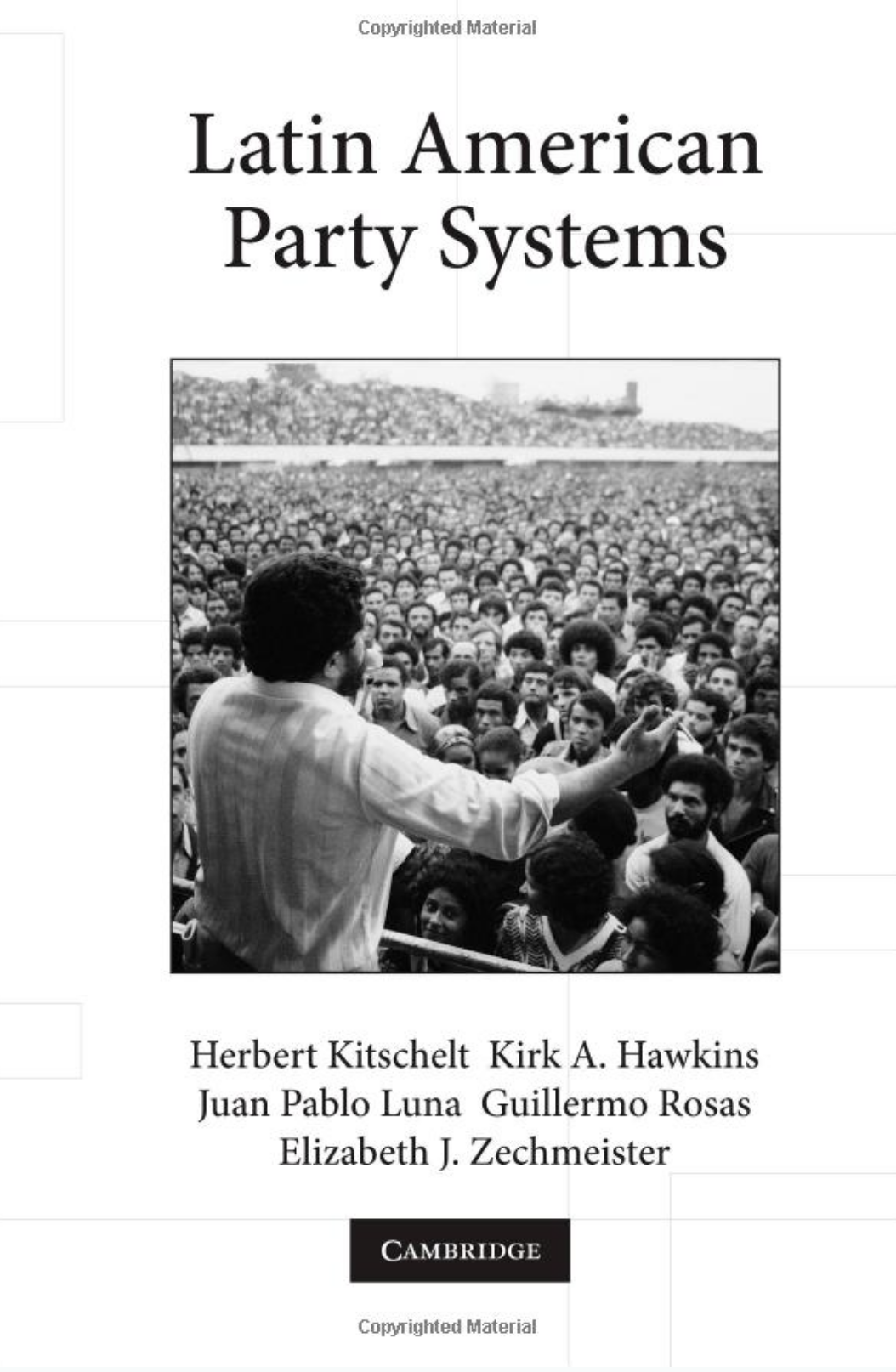Guillermo Rosas' research interests include comparative political economy and legislative politics in Latin America. He teaches courses on Latin American politics, political economy of development, and research methods.
Guillermo Rosas joined the Department of Political Science in 2004. His research interests include comparative political economy (politics and finance, determinants of budget deficits, banking crises) and legislative politics in Latin America. He teaches courses on Latin American politics, political economy of development, and research methods.







